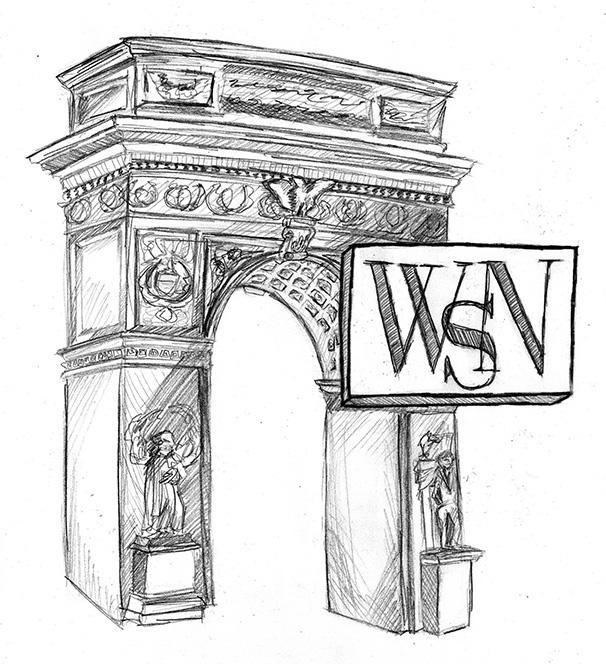Free Speech On Campus Is Pertinent to Faculty, Too
October 4, 2017
Last Sunday, the New York Times published an article focused on the rising number of adjunct professors being dismissed at American universities. After asserting their political views, mostly through social media, these professors were all fired or suspended, as an effort of the universities to suppress their diverging opinions. Throughout the years, the American public has never settled upon whether professors should admit their political leanings to their classrooms, even with the recent heated discussions over contentious guest speakers and the presence of politics on campus. Furthermore, academia is becoming increasingly competitive. Without the prospect of entering the desired tenure track and the protection the position gives, many adjunct professors decide to share their views freely. Nonetheless, universities should not silence professors — or encourage their silence. To remain as symbols of academic encouragement, universities must welcome discussions, instead of reprehending them — and this expands to the professors.
In 1975, around 55 percent of the academic workforce was comprised of adjunct professors. Today, it is around 70 percent. This rise happens due to the absurd number of Ph.D. degrees awarded by universities in the United States, pushing recent graduates to work without many benefits — earning around $3,000 per course. These conditions, however, do not protect adjunct professors from being harmed whenever they affirm their political positions. In July, Ruthie Robertson, a former international politics adjunct, was fired from Brigham Young University-Idaho after supporting LGBTQ rights in a Facebook post. Most noticeably, Lisa Durden was fired from Essex County College in June, after a controversial appearance on Fox News. However, these cases are only two among countless others, including Kathy Dettwyler at the University of Delaware, Kevin Allred at Montclair State University, Lars Maischak at Fresno State University in California.
There is, of course, a time and place for controversial comments to be made. But is a classroom not the perfect place for free discourse to occur? Professors are supposed to help students defend their opinions and beliefs — how are they supposed to do so if they are expected to follow a nonpartisan way of teaching? The real world is filled with conflicting ideologies the majority of us will eventually have to face, one way or another. Comments such as those made by a (now, former) UD adjunct professor should indeed be condemned, but to what extent should universities react to such behavior? Enforcing vague but intimidating policies, as initiated by UD in response to this incident, could possibly result in more harm than good. Universities cannot expect the student body to agree with every opinion stated on campus, so why should professors be held to this impossible standard?
Professors are entitled to their opinion because they are humans — stating their beliefs should only be a problem if they are offensive, bigoted, or uninformed. Rather than take unnecessary precautions, universities should provide professors and students alike a place to explain and defend their stances. Free speech should not be feared in a place where young adults form thoughts and ideas that will shape their character for the rest of their lives.
Email the WSN Editorial Board at [email protected].
























































































































































